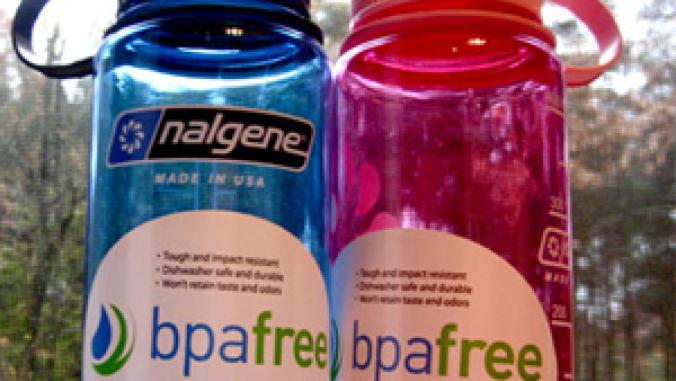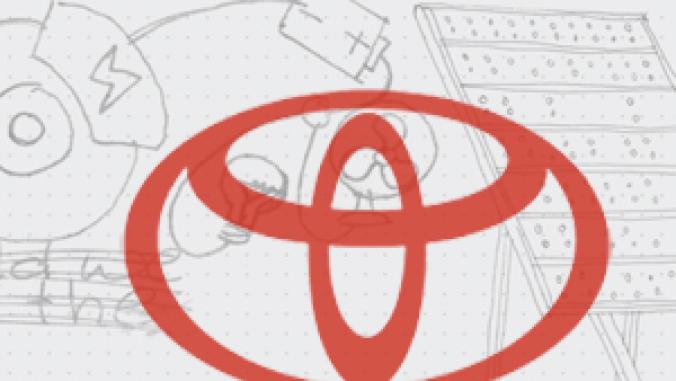Energy Star Helps Automakers Cut 750K Tons of CO2
<p>An Energy Star program aimed at increasing the energy efficiency of manufacturing plants has helped the auto industry cut the amount of electricity and fuel needed to make vehicles, slashing greenhouse gas emissions by 750,000 tons.</p>

Line of cars - CC license by Flickr user Mike Yaworski
An Energy Star program aimed at increasing the energy efficiency of manufacturing plants has helped the auto industry cut the amount of electricity and fuel needed to make vehicles, slashing greenhouse gas emissions by 750,000 tons.
The U.S. Environmental Protection Agency created the Energy Star Energy Performance Indicator (EPI) program to set benchmarks for energy efficiency at manufacturing plants and develop a way for companies to compare their performance to others in their industry and share efficiency information.
The first EPI for auto plants was released in 2006, using data from 2000. Due to demand from the auto industry for more recent data, an updated version of the EPI was developed with 2005 data from 33 plants from six companies in the U.S., and Duke University's Nicholas Institute for Environmental Policy Solutions took a look at the data gathered by the EPI to see how efficiency changed.
In a report on the EPI program, “Assessing Improvement in the Energy Efficiency of U.S. Auto Assembly Plants,” (PDF) the Nicholas Institute found that electricity use per vehicle at the best in class plants improved by 2 percent and fuel use per vehicle improved by 12 percent, leading to CO2 reductions of about 348,000 tons (696 million pounds).
The range of fuel use efficiency also narrowed, showing that plants that had been lagging are catching up to the leading plants, resulting in an additional CO2 reduction of 383,000 tons (766 million pounds). Altogether, the program saw CO2 emissions from auto plants reduce by nearly 750,000 tons (1.5 billion pounds).
The EPA has created or is developing EPIs for over 20 other industries, with updates to its EPIs for cement manufacturing and wet corn refining in the works. Plants evaluated for an EPI are scored on a range of 1-100, with scores around 50 considered average and scores of 75 or higher considered efficient.
Line of cars - CC license by Flickr user Mike Yaworski




